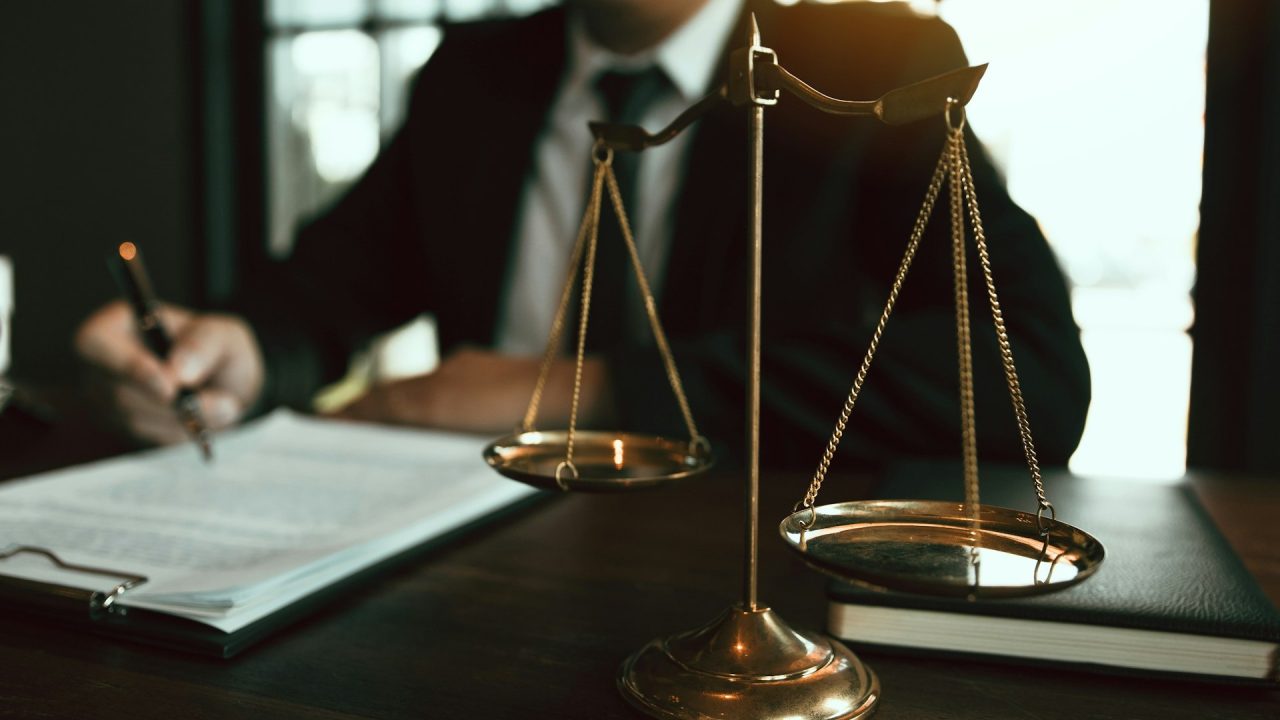When you think about a DUI charge, do you picture a breathalyzer or blood test confirming someone was over the legal limit? The truth is, in Washington, prosecutors can build a DUI case even without that kind of test.
Proving a DUI Without a Breath or Blood Test
If you refused chemical testing or your case does not involve a clear BAC reading, the government may still have enough to convict. Knowing how these cases are proven can help you understand what you are facing and how to respond.
Observations from the Officer
One of the main tools prosecutors use is the arresting officer’s testimony.
Police are trained to identify signs of impairment, such as slurred speech, bloodshot eyes, the smell of alcohol, or unsteady balance. If you were pulled over and exhibited any of these signs, the officer would likely include those details in the report and testify about them in court.
The officer’s description of your driving is also important. Swerving, delayed reactions, driving too slowly or erratically, or failing to follow traffic signs can all be presented as evidence that you were impaired. If your behavior before or during the stop raised concerns, that alone could form the foundation of the case.
Field Sobriety Tests
Prosecutors often rely heavily on field sobriety tests. These include exercises like walking in a straight line, standing on one leg, or following a moving object with your eyes. Poor performance on these tests can be used to show that your physical coordination and cognitive functioning were impaired at the time of the stop.
Don’t forget that field sobriety tests are subjective. Many people struggle with them for reasons unrelated to alcohol, such as medical conditions, nervousness, or fatigue. Your defense lawyer may be able to challenge how the tests were administered or interpreted.
Refusal to Test
If you refused to take a breath or blood test, the prosecution can use that refusal against you. Washington law allows the court to consider a refusal as evidence that you were trying to hide your level of impairment.
While refusing a test may seem like a way to avoid giving the state evidence, it can backfire in court and may also lead to additional license-related penalties.
Supporting Evidence
In some cases, prosecutors will bring in witnesses who interacted with you before the stop, such as passengers or people from a restaurant or bar. They may also use dash cam or body cam footage, which could capture your behavior during the stop or your interactions with officers.
Your Legal Defense
Even without a breath or blood test, there are ways to challenge a DUI charge. A skilled attorney may argue that the traffic stop was unlawful, the officer’s observations were unreliable, or the field sobriety tests were flawed. Your lawyer can also point to medical conditions or alternative explanations for your behavior.
If you are facing a DUI charge in Washington and no test results are involved, do not assume the case will collapse. Prosecutors often rely on the totality of the circumstances to secure a conviction.
Take action now to protect your rights. Contact Scott Lawrence at the Snohomish Law Group for experienced DUI defense and personalized guidance. Visit our contact page.
Disclaimer: This post is for informational purposes only and does not constitute legal advice.




